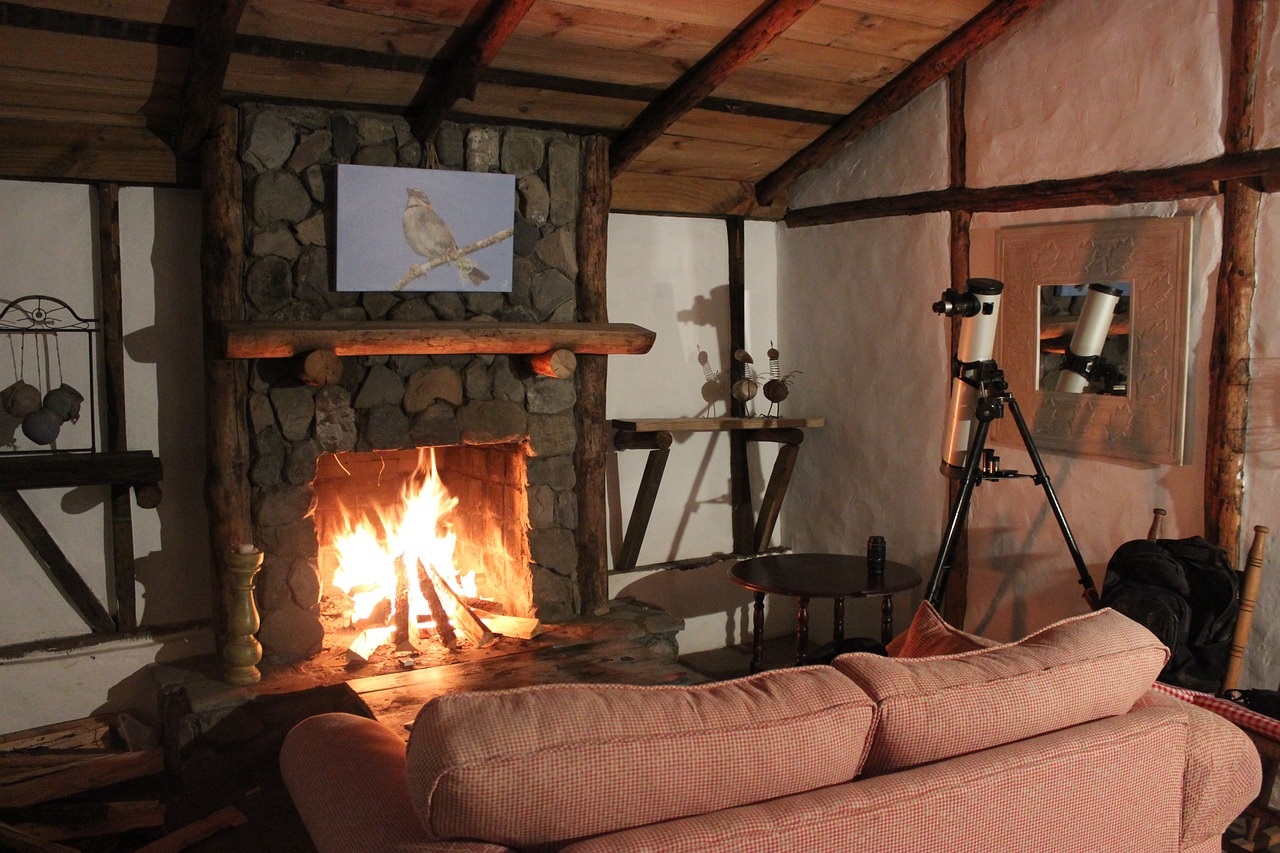Fire safety is an important part of home maintenance that is sometimes overlooked. Twice-annual checks of the safety systems in your home will catch anything that might fail before it’s needed. Take a walk around your home and see what you need to take action on.
Kitchen appliances are a common source of fires in the home. Electricity from old or worn appliances can ignite grease or oil to cause a fire. Keep ovens and stovetops clean with a good degreaser. Don’t forget to clean the range hood filter as it can hold grease that will fuel a stovetop fire.
Worn out plugs from much loved appliances can fray and even separate from the wire. Older appliances that have cloth insulation on the wires should be replaced with new ones.
In Canada, all electrical devices must comply with Canadian Standards Association (CSA) regulations. CSA sets the standard for devices by specifying how they should be assembled for maximum safety. Not all devices are CSA-approved. Goods purchased from overseas vendors may not have been approved for use in Canada. This can put your family at risk from short circuits. Look for the CSA label attached or embossed into the bottom of the appliance to see if it can be used safely. Non-CSA appliances that cause fires may invalidate your home insurance.
Power bars and extension cords are useful when there isn’t a nearby plug or when there are too many things to plug in. Having too many things plugged into a power bar, however, can overload it. Choose a power bar that has a built-in circuit breaker as an extra layer of protection. Be sure that these helpers are in good repair. Replace when a plug socket becomes loose or the cord shows signs of wear or damage.
If you have a circuit breaker that keeps resetting, or a fuse that keeps burning out, it’s best to call an electrician to have a look. Both of these are serious indicators that there is a fault in the wiring. Never replace a fuse with one that has a higher rating or insert a metal cheater to by-pass the fuse altogether. Both of these ‘fixes’ are dangerous and could invalidate your home insurance.
Flammable liquids and used rags can experience something called ‘spontaneous combustion’. This is caused by a chemical reaction that causes self-heating and thermal runaway. For this reason, used rags should be kept in a covered metal container or discarded. Liquids should be kept in a metal cabinet or outside.
Fabrics near heat, space heaters near furniture, drapes in the kitchen, rugs in front of fireplaces, and halogen floor laps near window coverings are all known to cause fires. If it’s combustible, it should be six feet away from an open flame or element. Space heaters should have a tip-over safety feature. Place them on a hard surface if possible, such as a hearth or tile floor. Oil-filled space heaters have no element to cause a contact fire.
Have a plan and know how to fight fires when they happen. Start with an evacuation plan so that everyone can get out safely when the smoke detector goes off in the middle of the night. Place fire extinguishers throughout the home and teach everyone how to use one. Use a refillable one for practice in the back yard then have it refilled immediately. Make sure all household members know how to handle an extinguisher to put out an electrical or grease fire. Quick action with the right extinguisher will prevent a fire from spreading.
Questions or comments? Want to talk about your next real estate transaction? Contact us today.







